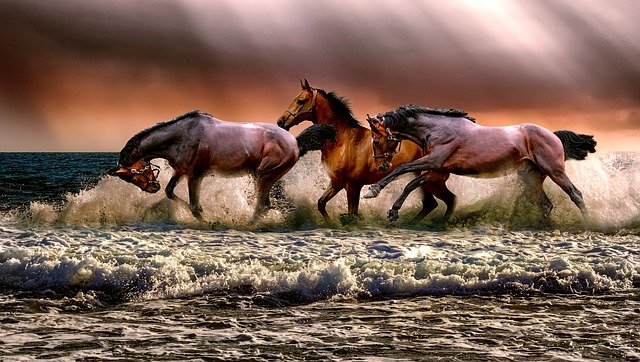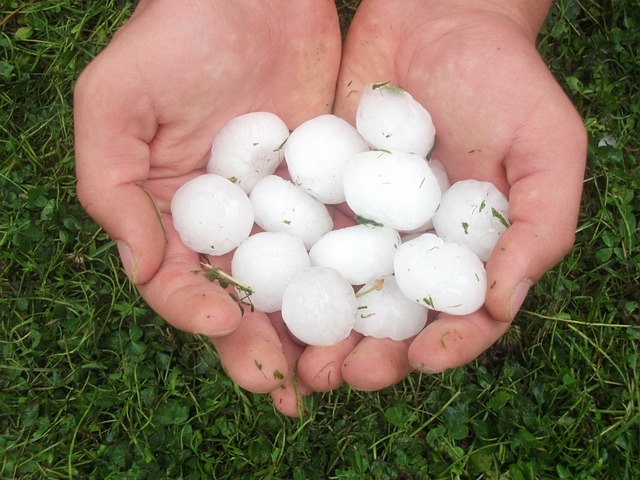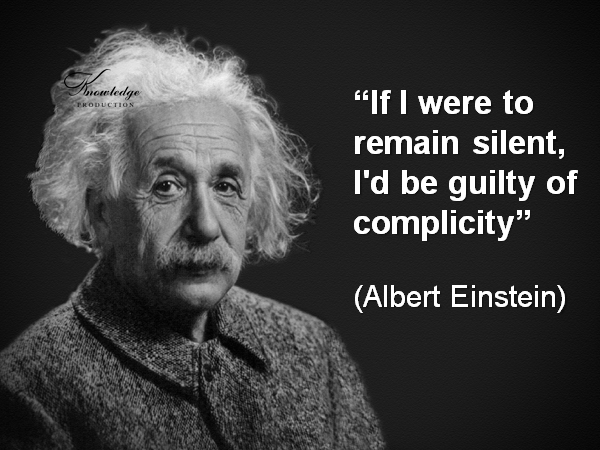[For articles in Hebrew on Passover, click here] [For articles on the “Sabbath of Beshalach" in Hebrew, click here]
Updated on February 1, 2023Rabbi Dr. Yossi Feintuch was born in Afula and holds a Ph.D. in American history from Emory University in Atlanta. He taught American history at Ben-Gurion University.
Author of the book US Policy on Jerusalem (JCCO).
He now serves as rabbi at the Jewish Center in central Oregon. (JCCO).
* * *
Where did the Pharaoh find horses for the 600 ‘’picked chariots’’, indeed, ‘’all the chariots of Egypt’’ who pursued the just-freed Israelites overtaking ‘’them encamped by the sea’’? Whose horses were they? Egypt’s horses (besides its donkeys, camels and livestock) perished in the ‘’very heavy pestilence’’ plague from which Israel’s animals were spared. But even if Israel’s horses were fit for the Pharaoh’s chariot corps, its horses had already left Egypt’s soil, as Moses told the Pharaoh: ‘’And our livestock, too, shall go with us, not a hoof shall remain.’’
Though we were already informed of the total destruction of Egyptian livestock, modern Torah commentator Robert Alter suggests that such a sweeping decimation was not meant to be taken literally; indeed, before God's unleashing ‘’very heavy hail’’ unto Egypt Moses warns the Pharaoh about the impending unprecedented plague that would kill the livestock animals in the fields. Or in other words, Egypt still had horses for the Pharaoh to impound for his needs.
Moses' advice – most likely on behalf of the innocent animals – to ‘’whoever feared the Lord’s word among Pharaoh’s servants‘’ to gather from the field ‘’his livestock indoors‘’, lest they would surely perish by the devastating incoming hail, assured the survival of Egypt’s horses who had managed earlier to weather the plague of pestilence. The Midrash asserts that the horses who led the Pharaoh's campaign to recapture the Hebrews belonged to those who feared the Lord’s word, and who in turn protected them ahead of the horrific hail.
And yet, how is it possible that those who had faith in the Lord’s word, which might point out to their basic personal decency as individuals, delivered to the Pharaoh their horses for chasing after the Israelites?
While one could maintain in the defense of the people who provided the horses that their animals were nationalized and appropriated against their will for use by the Egyptian cavalry, we know of no protestation to the Pharaoh about their horses, let alone taking an action that would stymie the drafting of their horses, like the two God-fearing midwives had done to subterfuge the Pharaoh’s lethal conspiracy against the newly-born Hebrew boys.
It is Noah ‘’a righteous man, blameless in his generation… [and who] walked with God’’ that comes to mind in his compliance with God’s instructions of building an ark without questioning God about the calamity that He was about to bring on many innocent people, not to mention animals. Indeed, Isaiah names the catastrophic deluge as “Noah’s waters”, possibly because of his silence vis-à-vis God when informed that all life will perish on the face of the earth but he and his loved ones will survive it. And so were those individuals in Egypt who feared God’s word and therefore sheltered their horses from the killer hail. They too were probably known, like Noah, as morally decent folks, if not exemplary in terms of their personal lives.
Yet, not a peep from them too was sounded, either when the Hebrews were forced into harsh-labor slavery, or when their horses were needed to pursue and re-enslave the freed slaves. Indeed, the Ten Commandments begin with “I am the Eternal One your God’’ and conclude with ‘’your neighbor” to teach us that there’s no way to merely believe in (or fear) God without minding and caring for “your fellowman”.
What those among Pharaoh’s servants, who sheltered their horses indoors due to their fearing “the Lord’s word” about the incoming hail, did in delivering their horses was complicity in and an absolute submission to a nefarious order. It is about silence in the face of evil that Haile Selassie I spoke these words: “Throughout history, it has been the inaction of those who could have acted, the indifference of those who should have known better, the silence of the voice of justice when it mattered most that has made it possible for evil to triumph.”
Or expressed even more succinctly: “If I were to remain silent, I'd be guilty of complicity” (Albert Einstein), or “Every word has consequences. Every silence, too” (Jean-Paul Sartre).
[For articles in Hebrew on Passover, click here] [For articles on the “Sabbath of Beshalach" in Hebrew, click here]









